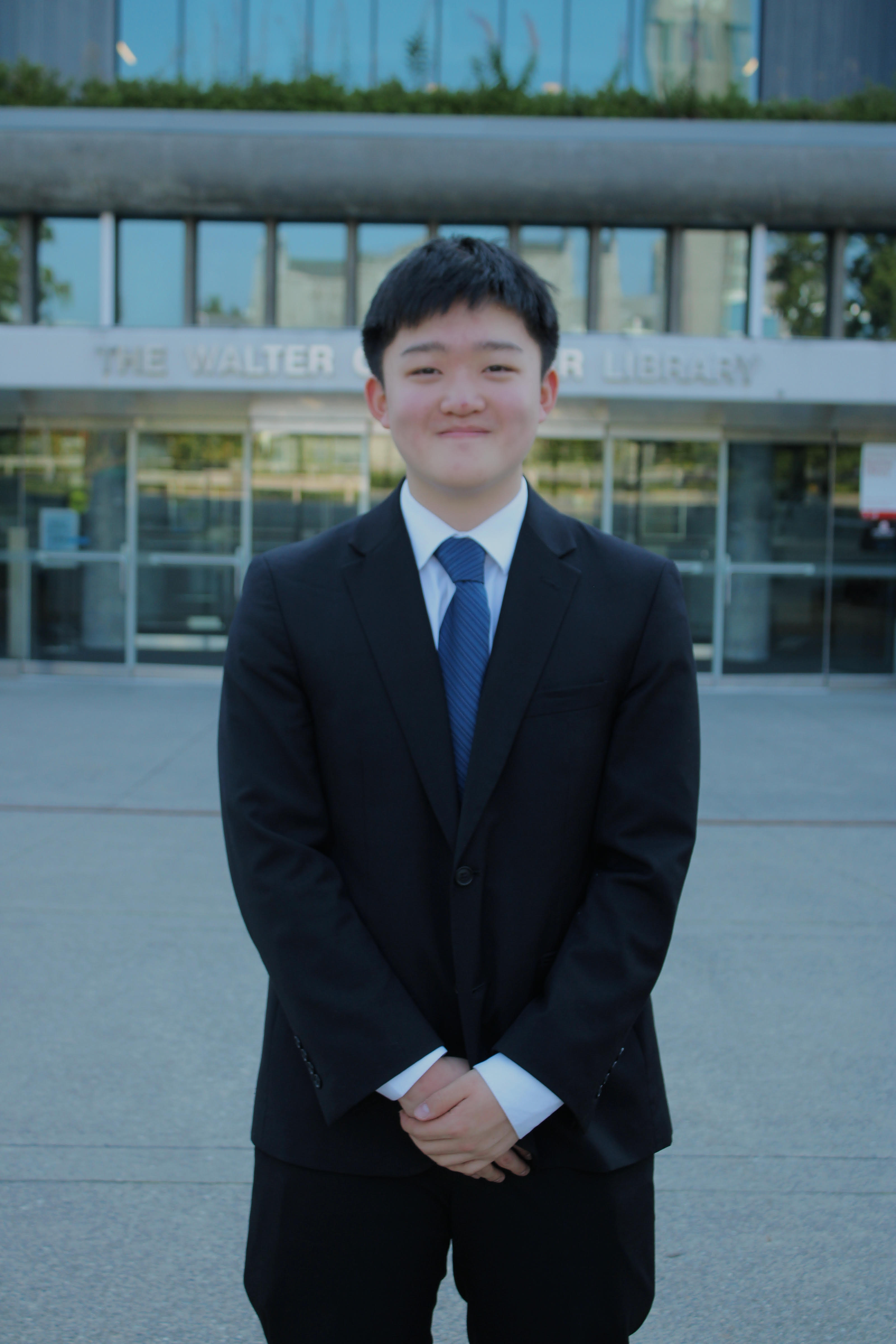The World Health Organization was established in 1948 and is composed of 193 member states. Headquartered in Geneva, Switzerland, the organization’s role is to serve as the “authority for health within the United Nations system,” and to provide “leadership on global health matters.” Current objectives of the WHO are laid out in a Six-Point Agenda aimed at responding to the challenges of an “increasingly complex and rapidly changing landscape” of global public health. The points on the agenda are: (1) promoting development; (2) fostering health security; (3) strengthening health systems; (4) harnessing research, information and evidence; (5) enhancing partnerships; and (6) improving performance.
This committee is designed for both beginners and experienced delegates alike. Position papers, although strongly recommended, are not required. However, delegates who wish to be considered for an award must submit their position papers by January 12, 2026, at 23:59 PST. More information about position papers can be found in the Position Paper Guide, on the Delegate Resources Page.
Topic A: Human Genome Editing (Click to show summary)
Human genome editing is the process of altering DNA to modify genetic traits, often using technologies such as CRISPR-Cas9. While genome editing presents groundbreaking opportunities to prevent hereditary diseases, enhance medical treatments, and advance scientific research, it also raises significant ethical, legal, and social challenges. In developing and developed states alike, concerns surrounding unequal access, unintended health consequences, and unethical application highlight the dangers of this innovation, while developing genome editing technology can contribute positively to public health. To ensure that the realm of genome editing expands without undermining ethical boundaries, states should work toward stronger global guidelines and establish frameworks that balance scientific progress with societal well-being.
Topic B: Neglected Tropical Diseases (Click to show summary)
Neglected tropical diseases (NTDs) are a group of conditions that primarily affect vulnerable and impoverished populations in tropical and subtropical regions. While these diseases are preventable and treatable, they continue to burden over a billion people worldwide, perpetuating cycles of poverty, poor health, and inequity in affected communities. NTDs such as dengue, leprosy, and lymphatic filariasis cause debilitating symptoms, chronic disability, and, in many cases, death, all while limiting economic productivity and access to education. As those most at risk often live in areas with limited healthcare infrastructure, inadequate sanitation, and scarce resources, the WHO must invest funding and global attention to this already disproportionately overlooked health crisis.

Carl Hu | Director
A Grade 11 student at St. George’s School, Carl is thrilled to serve as the Director of WHO at VMUN 2026. Since nervously stepping into his very first committee back in Grade 8, Carl has been drawn to the fast-paced yet cooperative spirit of Model UN. From wandering aimlessly through the maze-like halls of the Hyatt Regency to frantically scribbling directives in the midst of war, Carl cherishes the countless friendships and memories that MUN has offered him. Beyond Model UN, Carl can usually be found immersed in a Netflix series, playing with his dog, or finding new ways to procrastinate online. He looks forward to helping delegates build an exciting and memorable experience, and wishes everyone the best in their preparation for VMUN 2026!

Ivy Lin | Chair
A Grade 12 student at Crofton House School, Ivy is beyond proud to serve as the Chair of WHO at VMUN 2026. Upon attending her first conference in Grade 9, she began to fall for the exhilarating atmosphere of Model UN —the debate within the committee, the buzz of meeting new people, and, surprisingly, even the intricately tedious process of writing papers. Over the past two years in the MUN community, she has formed new relationships, cultivated a honed ability to approach subjects methodically, and gained invaluable insights from seasoned experts. Outside of MUN, Ivy can be found running along the seawall, riding a Lime scooter, or baking dozens and dozens of blueberry muffins. Ivy looks forward to chairing VMUN 2026 and meeting all the delegates!

Fiona Chen | Assistant Director
As a Grade 12 student at York House School, Fiona is beyond excited to serve as the Assistant Director of WHO at VMUN 2026. Ever since her first time nervously stepping into committee, unsure whether to raise her placard or run for the hills, Fiona has grown into someone who thrives in the fast-paced, caffeine-fueled world of Model UN. From chaotic midnight crises to heated debates over clause phrasing, she’s come to love every second of it. Outside the committee room, Fiona is a self-proclaimed food expert, an avid traveller, and a frequent NYT puzzle lover. Fun fact about Fiona’s MUN experience is that 50% of the conferences she’s delegated, she’s somehow ended up in a wheelchair! Fiona hopes that VMUN 2026 will be as inspiring and unforgettable for you as MUN has been for her. Wishing all delegates the best of luck, and get ready for a weekend full of diplomacy, debate, and many long-lasting friendships.

Parnav Kundi | Assistant Director
As a Grade 10 student at St. George’s School, Parnav is thrilled to be serving as the Assistant Director of WHO at VMUN 2026. Parnav began his MUN journey back in Grade 7, delegating as Bolivia in this very committee. Ever since that fateful day, he began to enjoy the insight into foreign policy that MUN provides. At conferences, Parnav enjoys the early morning coffee runs with friends (if he can drag himself out of bed), writing resolution papers after hours, and the late night talks with friends. When he’s not raising his placard “high and to the sky”, Parnav enjoys discussing US politics, playing sports, listening to music, or doing anything else to avoid doing his homework. Parnav can’t wait for a conference full of exciting and lively debates, unforgettable fun, and a lot of other shenanigans.
You can contact the Director at who@vmun.com. Any questions regarding the committee or its debate procedures will be answered by email. Position papers must also be submitted to this address.
